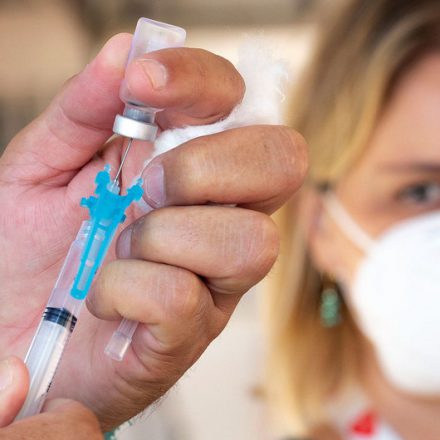A recent study led by the University of Queensland (UQ) has found no strong links between maternal coffee consumption during pregnancy and neurodevelopmental difficulties in children. This research, published in Psychological Medicine, suggests that drinking coffee while pregnant may not pose significant risks to a child’s brain development. However, experts continue to advise expectant mothers to adhere to established medical guidelines on caffeine consumption.
The study, led by Dr. Gunn-Helen Moen and Ph.D. student Shannon D’Urso from UQ’s Institute for Molecular Bioscience (IMB), involved an extensive genetic analysis of data from tens of thousands of families in Norway. Scandinavian countries, known for their high coffee consumption, provided a unique context for this research, as they also have more liberal attitudes toward coffee consumption during pregnancy.
“Scandinavians are some of the biggest coffee consumers in the world, drinking at least four cups a day, with little stigma about drinking coffee during pregnancy,” said Dr. Moen. The research team utilized genetic data from mothers, fathers, and children, alongside questionnaires that assessed the parents’ coffee consumption both before and during pregnancy.
Parents were also asked to report on their child’s development up to the age of 8, including social skills, motor abilities, language, and indicators of ADHD and autism. Despite this in-depth data, the analysis revealed no connection between coffee intake during pregnancy and neurodevelopmental issues in children.
The study employed a method called Mendelian randomization, which uses genetic variants to predict coffee drinking behavior. This approach allows researchers to isolate the effects of caffeine consumption from other potential environmental factors such as alcohol, cigarette smoke, and diet, which previous studies had struggled to account for. According to Dr. Moen, this method mimics the results of a randomized controlled trial without exposing pregnant women or their unborn children to any risk.
Earlier research by Dr. Moen had also shown no significant effects of coffee consumption during pregnancy on birth weight, miscarriage risk, or stillbirth. These findings, combined with the new study, suggest that caffeine’s impact on pregnancy may be less concerning than previously thought.
However, the researchers still emphasize that it is important for pregnant women to limit their caffeine intake, as excessive caffeine consumption can influence other pregnancy outcomes. The findings are especially relevant as the global debate on the safety of coffee during pregnancy continues.
Looking forward, the researchers plan to extend their investigations to explore the genetic and environmental causes of neurodiversity and further understand how various factors during pregnancy impact brain development.
The study also included international collaborators from Norway and England, as well as IMB’s Caroline Brito Nunes, Dr. Daniel Hwang, and Professor David Evans. The complete research can be accessed in the Psychological Medicine journal.
For more information: Mendelian Randomization Analysis of Maternal Coffee Consumption During Pregnancy on Offspring Neurodevelopmental Difficulties in the Norwegian Mother, Father, and Child Cohort Study (MoBa), Psychological Medicine (2024). DOI: 10.1017/S0033291724002216.












